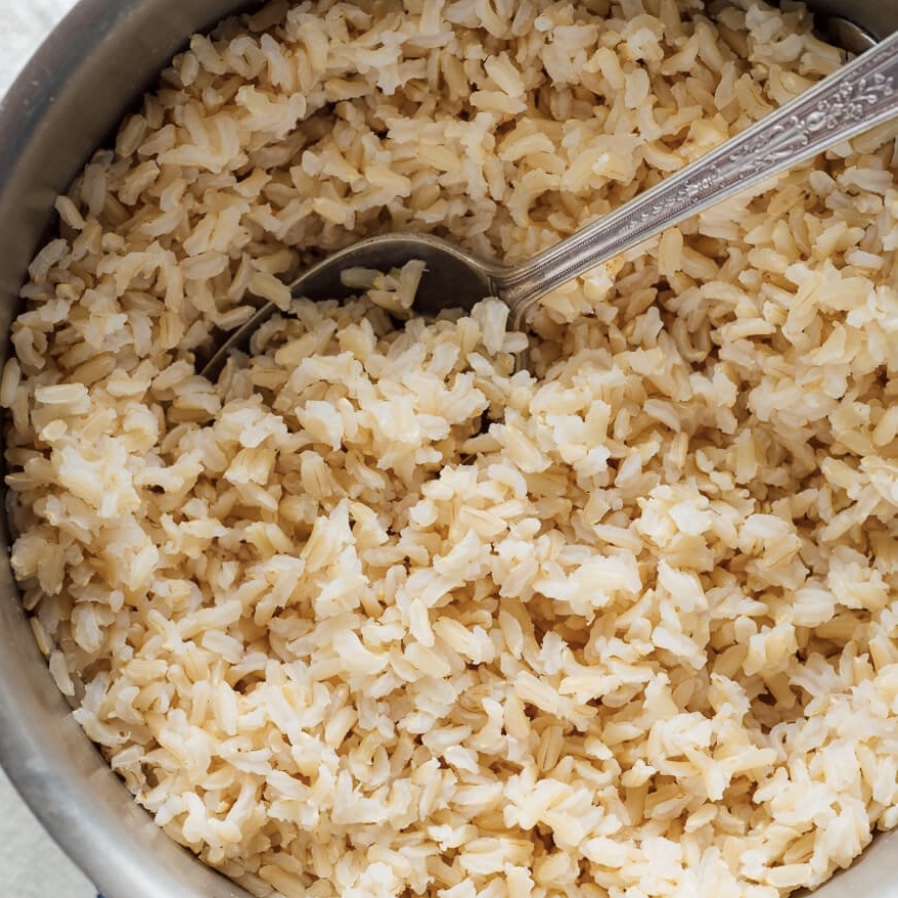Carbohydrates, often referred to as carbs, are a vital macronutrient that provides the body with energy. They are essential for overall health and play a crucial role in various bodily functions. However, there is a common misconception that all carbohydrates are bad for you. In reality, there are good carbs and bad processed carbs, and understanding the difference can help you make informed choices about your diet.
The Role of Carbohydrates in the Body
Carbohydrates are one of the three macronutrients, along with proteins and fats, that are essential for the body’s energy requirements. When consumed, carbohydrates are broken down into glucose, which is the primary source of energy for the body’s cells. Glucose is particularly important for fueling the brain, muscles, and other organs.
In addition to providing energy, carbohydrates also play a role in various bodily functions, such as:
1. Digestive Health: Carbohydrates, especially those high in fiber, support digestive health by promoting regular bowel movements and maintaining a healthy gut microbiome.
2. Exercise Performance: Carbohydrates are crucial for athletes and active individuals as they provide quick energy for physical activity and help replenish glycogen stores in muscles.
3. Brain Function: The brain relies on glucose for optimal function, making carbohydrates essential for cognitive performance and concentration.
Good Carbs vs. Bad Processed Carbs
Not all carbohydrates are created equal. There are good carbs, which are nutrient-dense and provide essential vitamins, minerals, and fiber, and bad processed carbs, which are often refined and lack nutritional value. Here’s a breakdown of the differences between the two:
1. Good Carbs:
– Whole Grains: Foods like oats, quinoa, brown rice, and whole wheat bread are rich in fiber and nutrients.
– Fruits and Vegetables: These are natural sources of carbohydrates & fiber that also provide vitamins, minerals, and antioxidants.
– Legumes: Beans, lentils, and chickpeas are high in fiber and protein, making them a healthy carbohydrate choice.
2. Bad Processed Carbs:
– Refined Grains: White bread, instant oatmeal, and sugary cereals are examples of refined grains that have been stripped of their nutrients.
– Sugary Foods: Pastries, candies, and sugary drinks are high in added sugars and offer little nutritional value.
– Processed Snacks: Chips, cookies, and other processed snacks often contain unhealthy fats and are cooked in toxic seed oils.
Understanding Portion Control
While carbohydrates are an important part of a balanced diet, the key lies in consuming them in the right proportions. Overconsumption of carbohydrates, especially refined and processed ones, can lead to weight gain and other health issues. Here are some tips for practicing portion control with carbs:
1. Focus on Whole Foods: Choose whole, unprocessed carbohydrates like fruits, vegetables, whole grains, and legumes.
2. Balance Your Plate: Aim to fill half your plate with vegetables, a quarter with lean protein, and a quarter with whole grains or starchy vegetables.
3. Watch Your Portions: Pay attention to serving sizes and avoid mindless eating to prevent overeating.
The Bottom Line
In conclusion, carbohydrates are not inherently bad for you. It’s the type and amount of carbs you consume that make a difference in your health. This is why we include them with our meals that we provide, but in a controlled portion. Opting for nutrient-dense, whole carbohydrates over processed ones and practicing portion control can help you maintain a balanced and healthy diet. Remember, carbs are an essential source of energy and nutrients, so choose wisely and enjoy them in moderation for optimal well-being.
